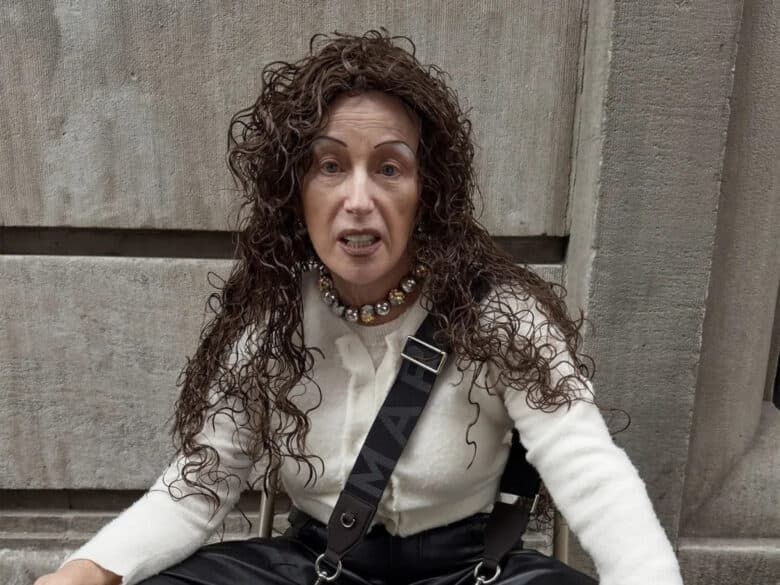Queer solidarity under quarantine
Going into 2020, we all had high hopes. Yeah, the UK might have signed up four years more Conservative rule, but we earnestly believed that the new decade would be a slate clean of the political and environmental horrors of the 2010s. But as the first quarter of this year has shown, we can’t always get what we want.
Beginning with several cases of unusual pneumonia in the Wuhan region of China, the novel coronavirus has the world in its grip: spreading to 168 countries, infecting 367,457 people and leading to 16,113 deaths. A veritable pandemic, the governments in the UK and other European countries like Italy and Spain have implemented lockdowns to reduce the virus’s rate of contagion and protect the lives of at risk groups. Whilst it’s our civic duty and legal responsibility to remain indoors, it can take a serious toll on our mental health and livelihoods. This is a reality we’re all going through right now but for queer people it could hit particularly hard.
Firstly, there are economics to consider. With a 16% wage gap between them and their straight, cis colleagues, queer people are more vulnerable to the economic uncertainty accompanying the pandemic, particularly if they are also self-employed and not currently protected by the government. It’s also worth remembering that many queer people cannot turn to their families for shelter or support due to queerphobia — something that factors into the overrepresentation of LGBTQIA+ people amongst homeless youth — and don’t enjoy the same financial and emotional safety net that many cis, heterosexual people do.
More obviously, coronavirus’s impact upon queer community structures has already begun to take its toll. Currently, queer nightclubs and parties — undeniably an important outlet for LGBTQIA+ people to find friends, partners and acceptance — have all closed due to orders made by the government. Even if venues survive however long this lockdown is going to last, self-employed DJs and promoters are going to be hit even harder financially. The community will likely experience a significant loss if its nightlife does not to recover from any damage inflicted by coronavirus. Whilst this might sound like “no big deal”, queer nightlife represents a much-needed respite from heteronormativity and a space to truly explore your identity: it’s a lifeline for many LGBTQIA+ people.
Given these possible risks to the LGBTQIA+ community as well as the isolation many are undergoing during this lockdown, it’s reassuring to see that their response is one of solidarity. Anyone acquainted with LGBTQIA+ culture online will quickly see that queer people in the creative industries are being frank about their financial situation right now, posting links to their venmo and PayPal accounts online and detailing the bookings and jobs that have been lost thanks to the virus on their social media accounts. With these calls for support even being headed up by venues like Dalston Superstore, which is fundraising for freelancers in its network, queer people in need are calling for forms of wealth distribution and community care — and many are being answered.
It’s important that the community is trying to help its members stay afloat until after the pandemic is over, but it’s also necessary to consider the ways that queer people are fostering a sense of togetherness in the here and now. Whilst self isolation and lockdowns have put paid to many queer people’s social lives, a digital alternative has cropped up with Instagram account and daily Zoom party Club Q. Currently with over 11,000 followers (Hunter Schafer among them) it allows queer people to come together via a virtual party for every night of US coronavirus quarantines. Closer to home, London-based QTIBPOC mental health collective Misery will be hosting an online healing space on 31 March dedicated to “trans fem futures” in order to centre a cross section of the community that contributes so much culturally yet experiences the most discrimination. Measures such as these not only allow queer people to feel less alone in times of social isolation but also help the community to continue to interact with and uplift one another.
As queer people begin to see the wider negative impacts of coronavirus play out within their community, it’s uplifting to see individuals respond with a sense of mutual care. Now, more than ever, is a necessary reminder that queer people need to stand together in the face of adversity so it’s truly empowering to see positive steps already being taken within the community. Now, it’s just up to wider society to replicate the LGBTQIA+ community’s initial actions.

